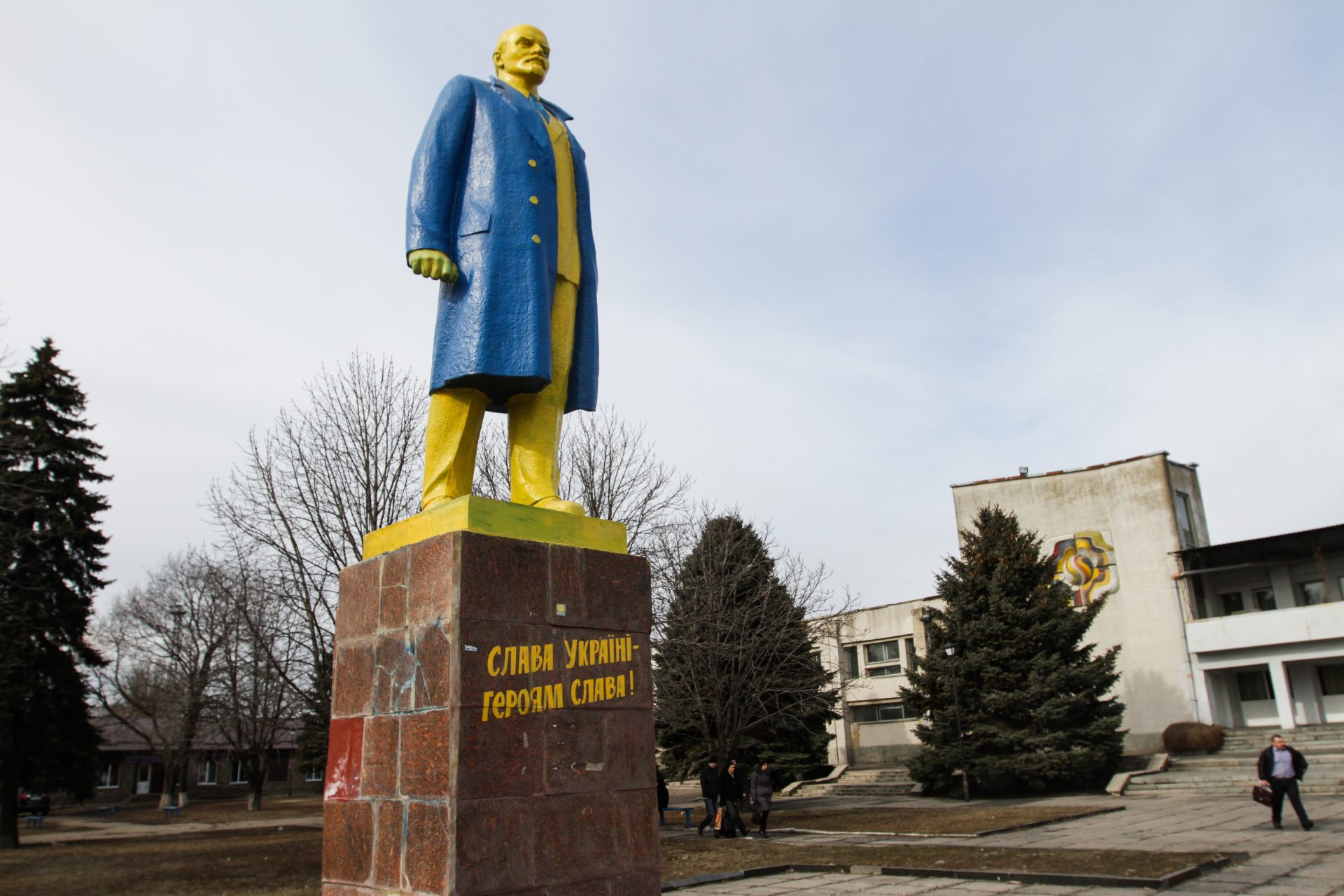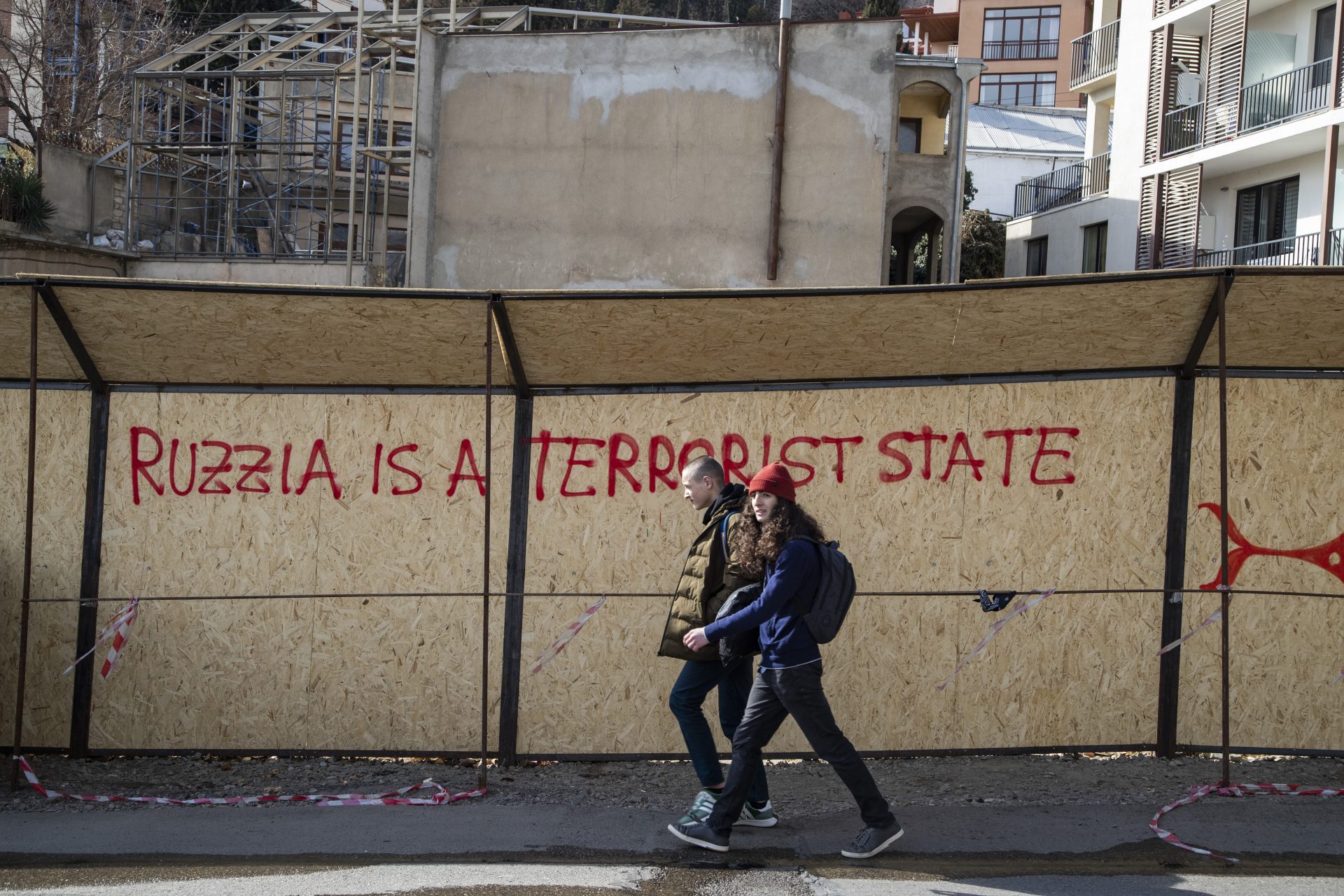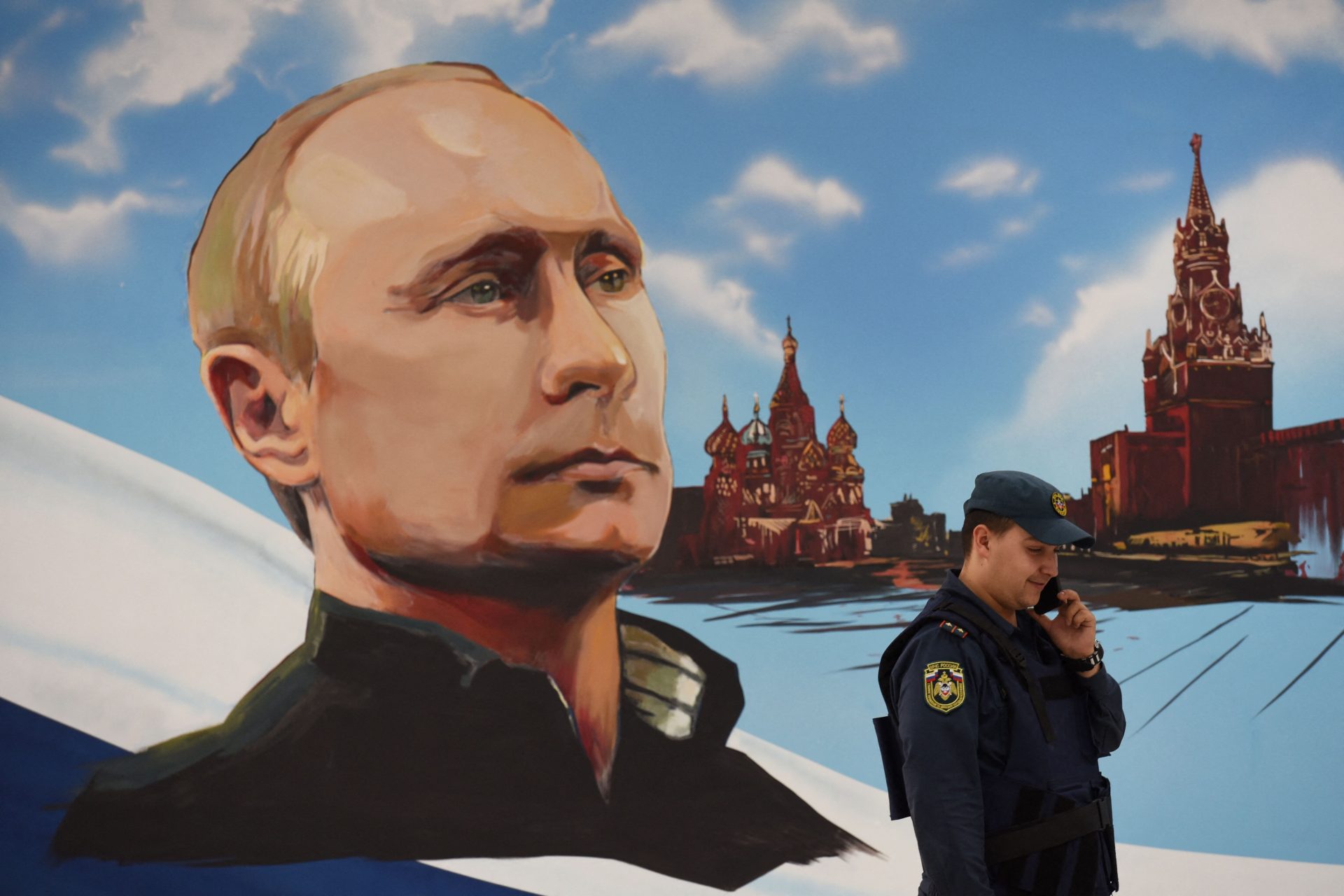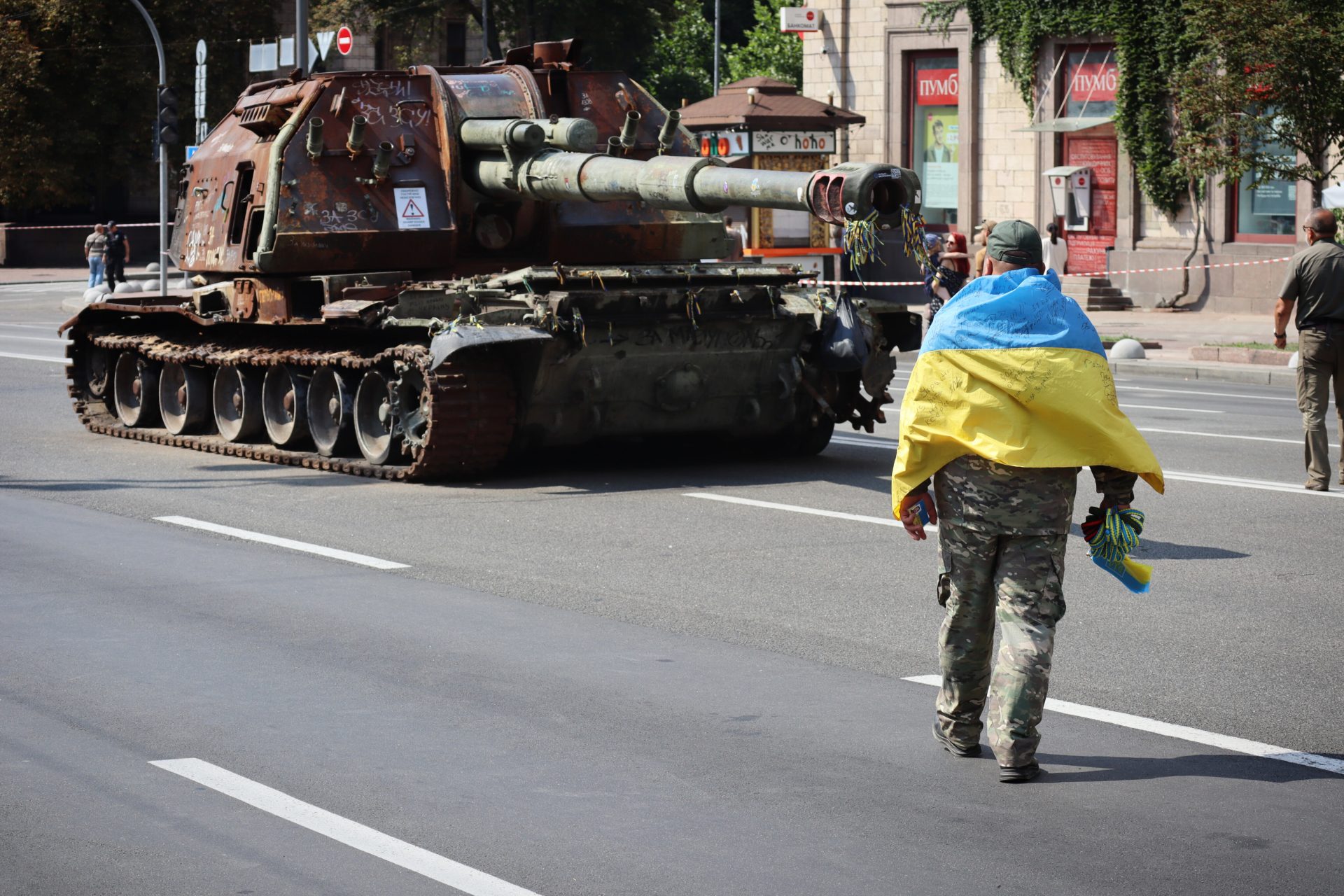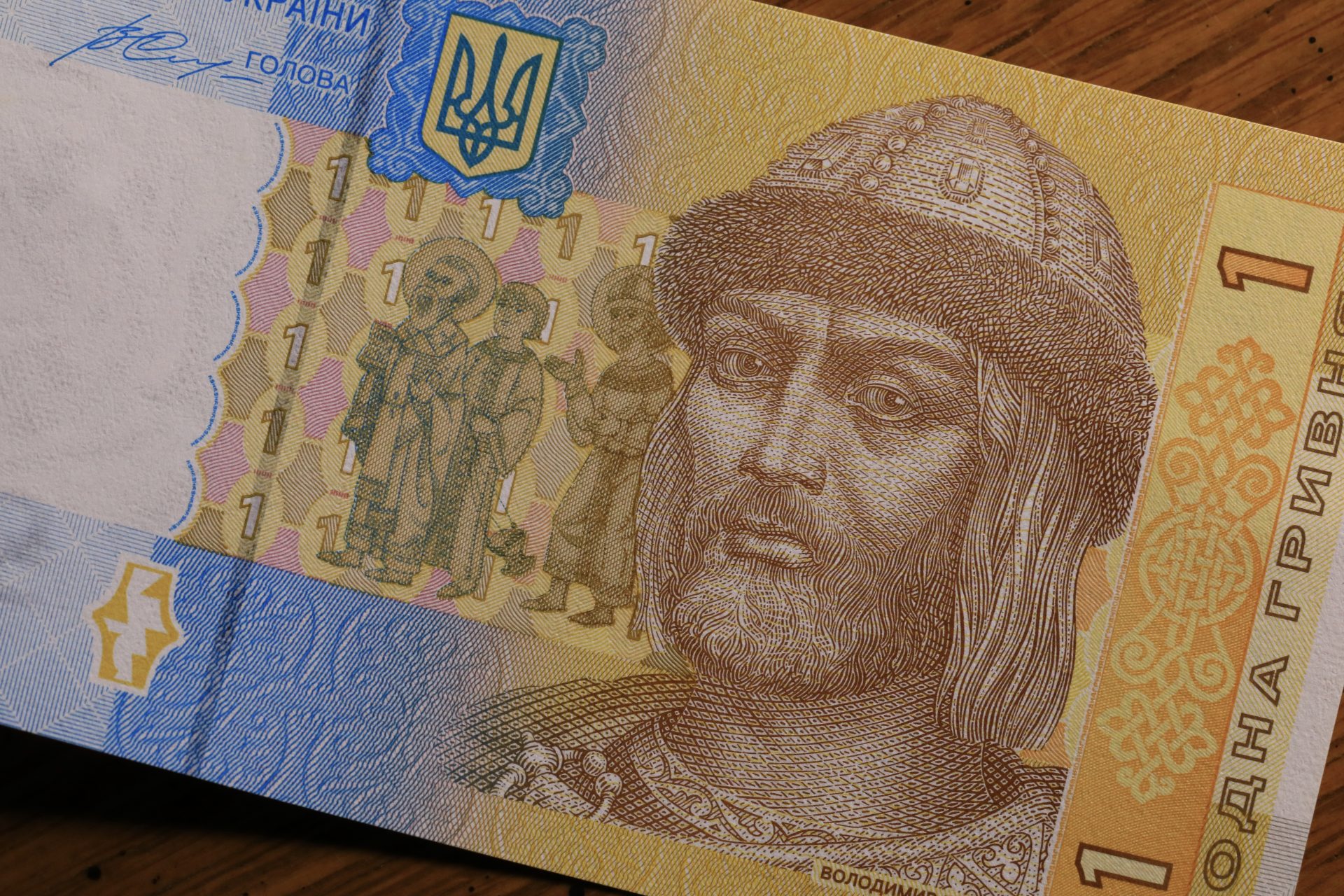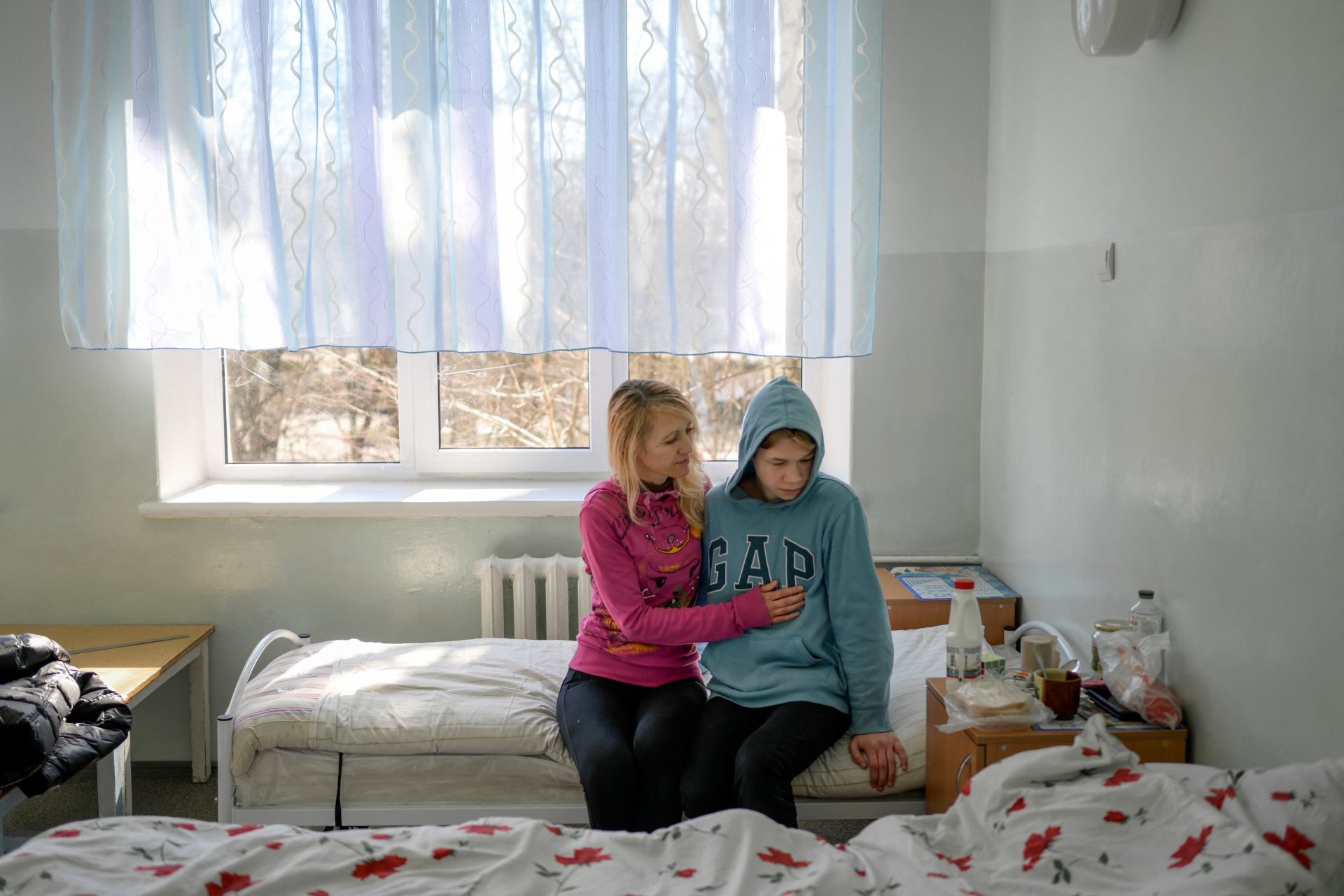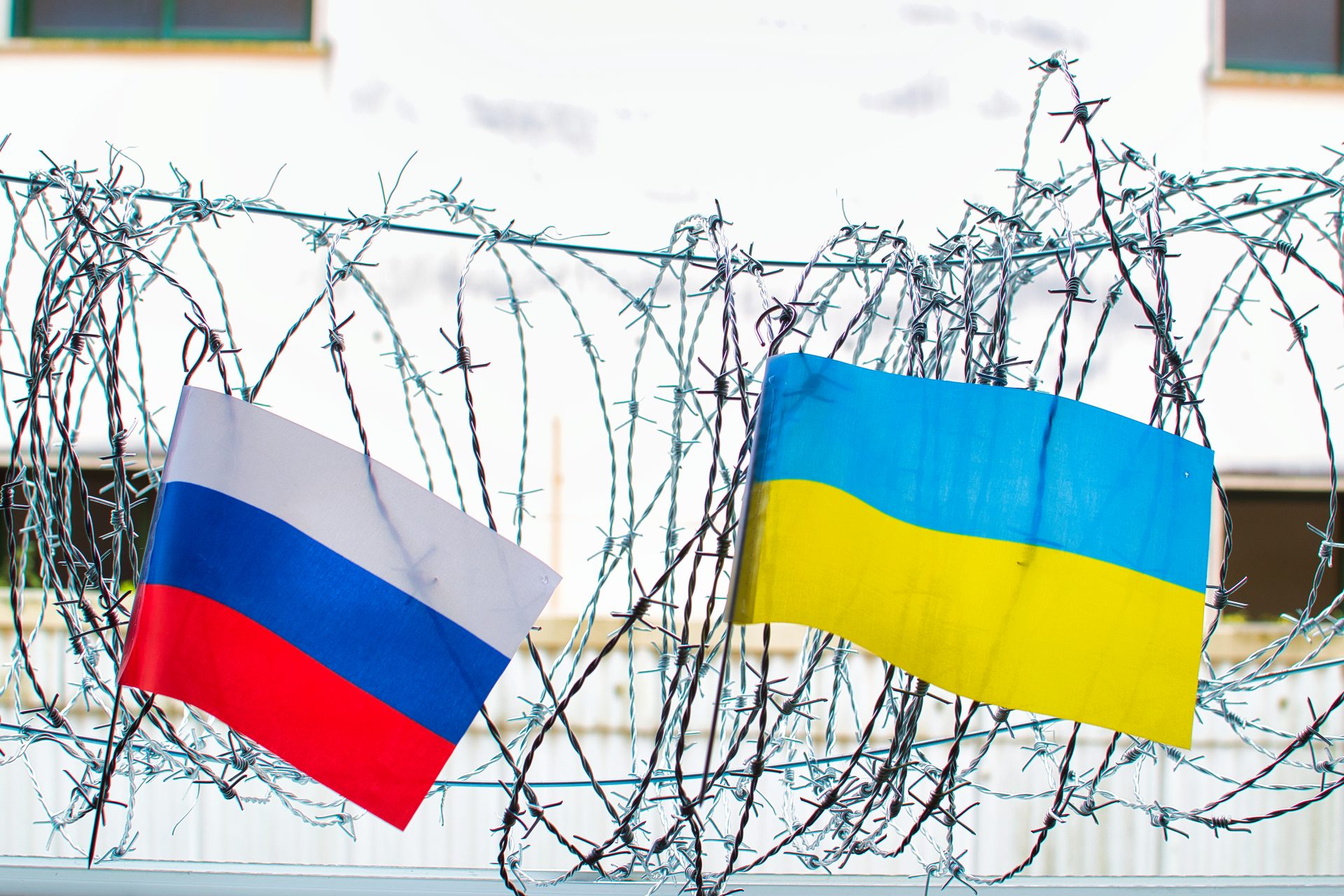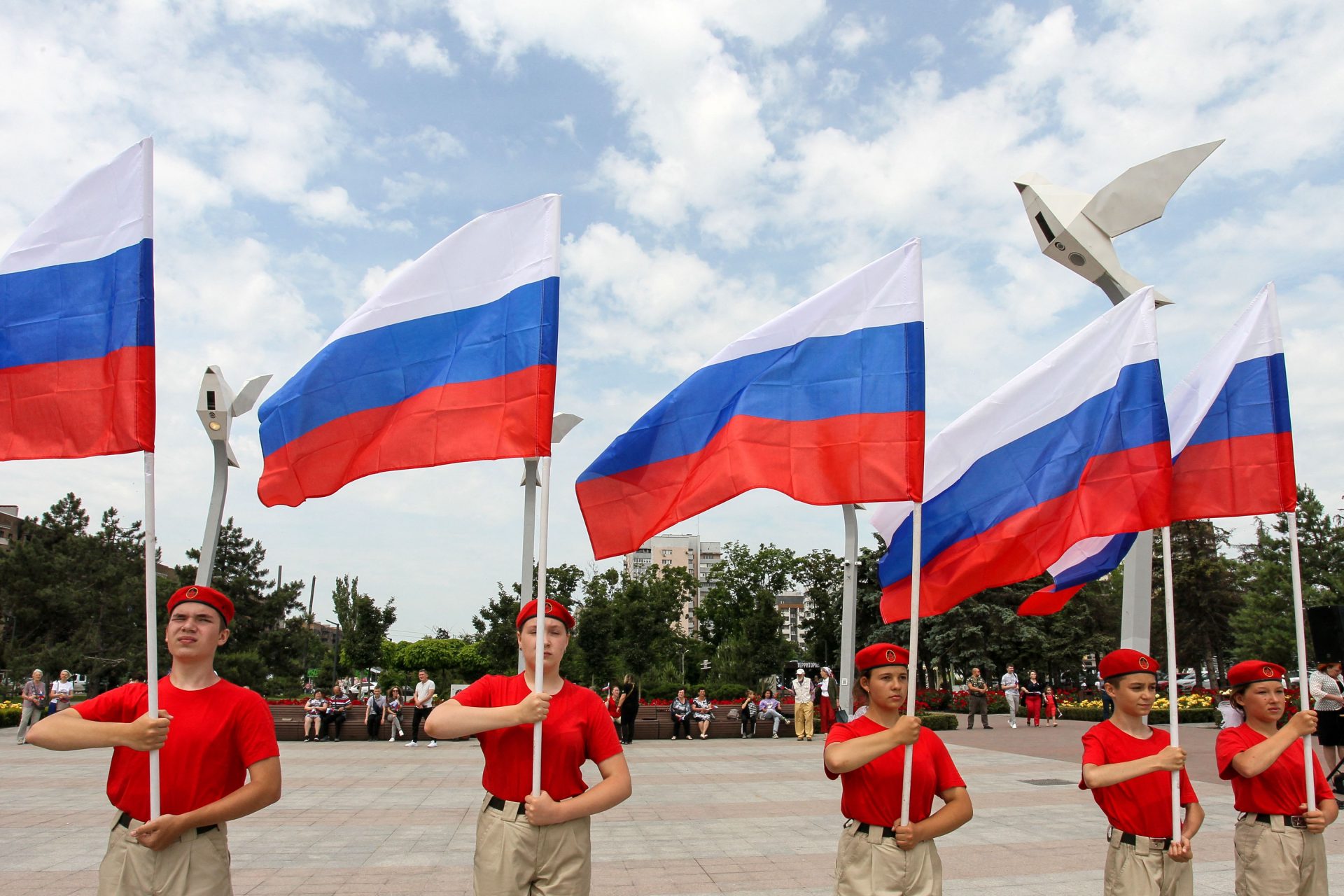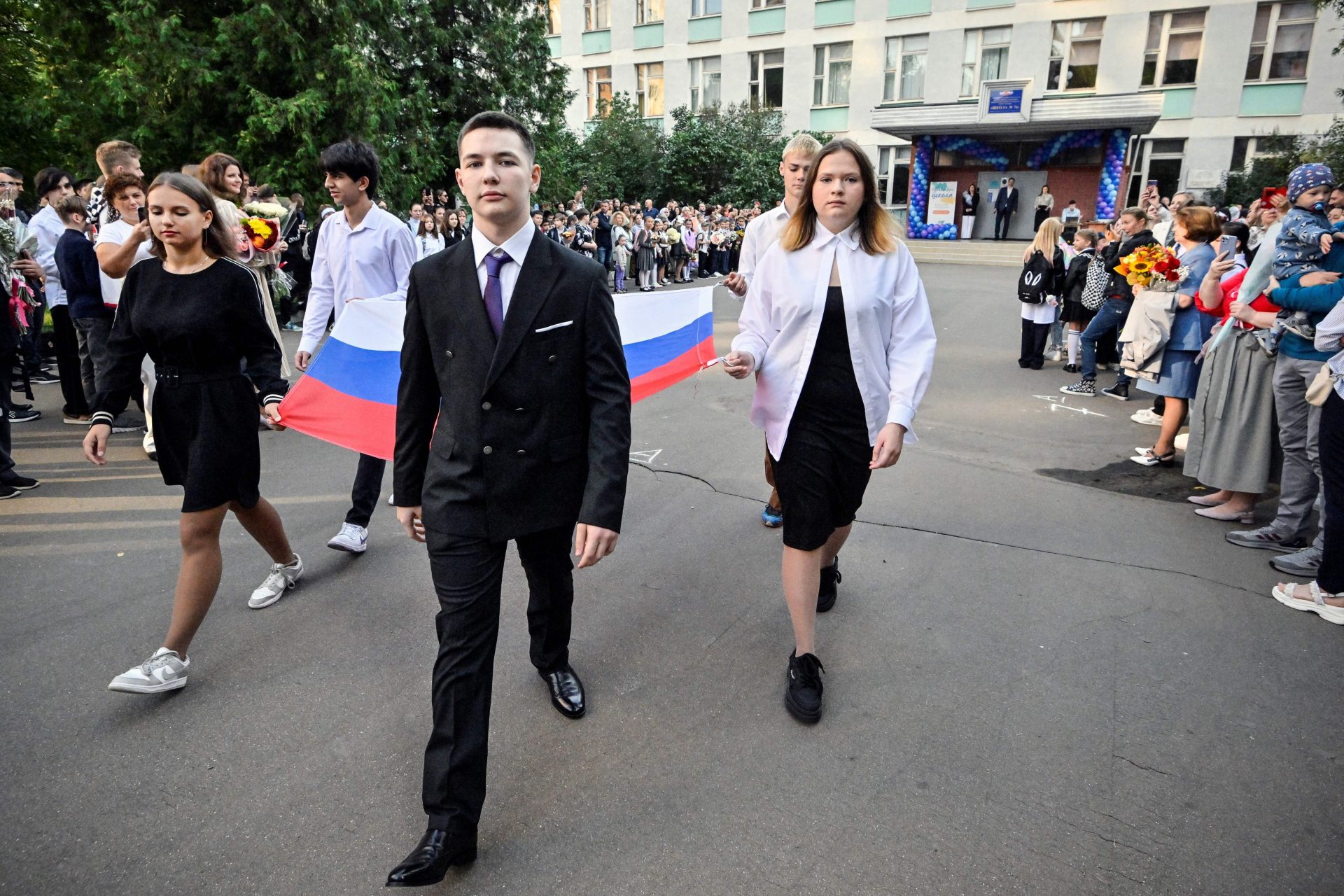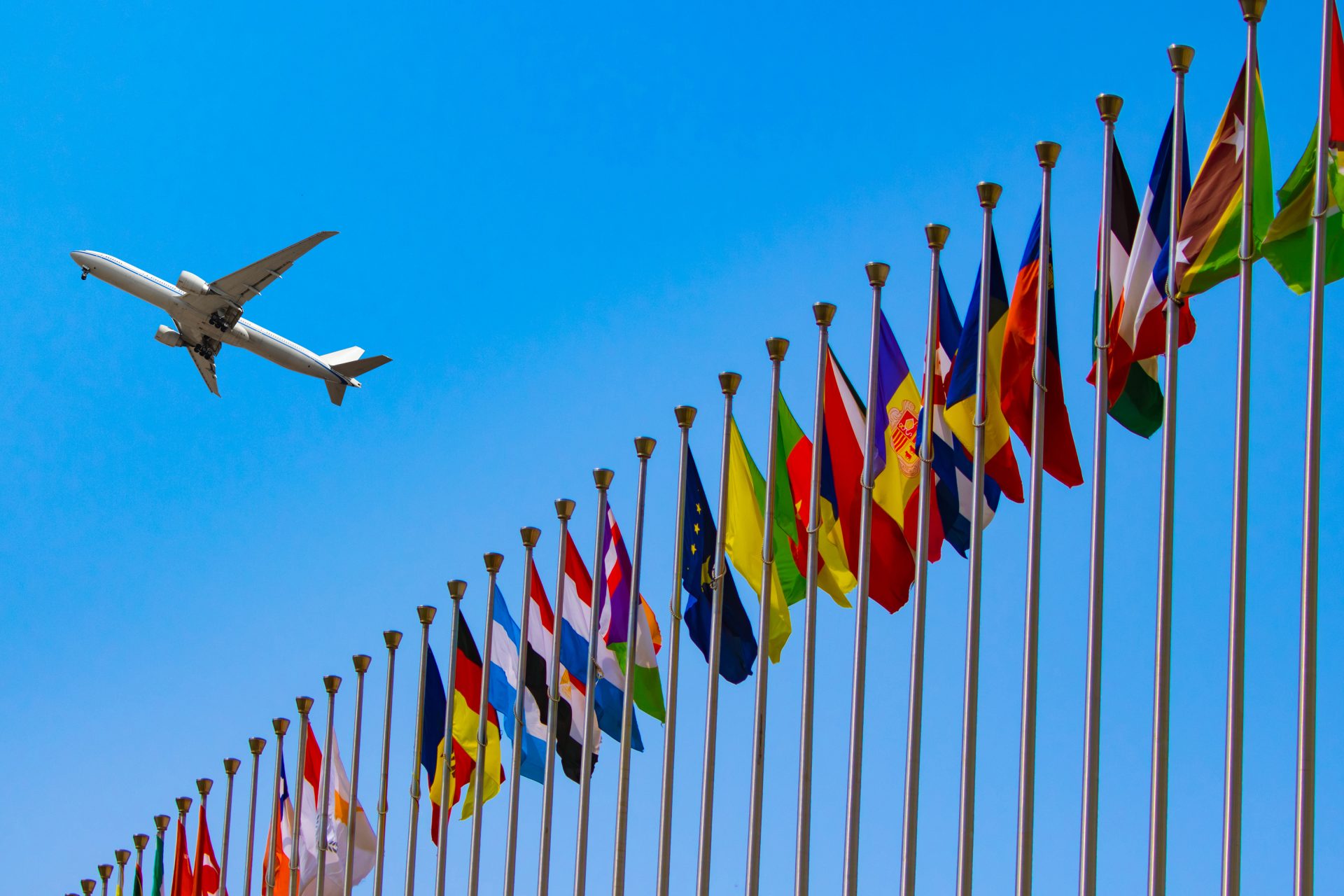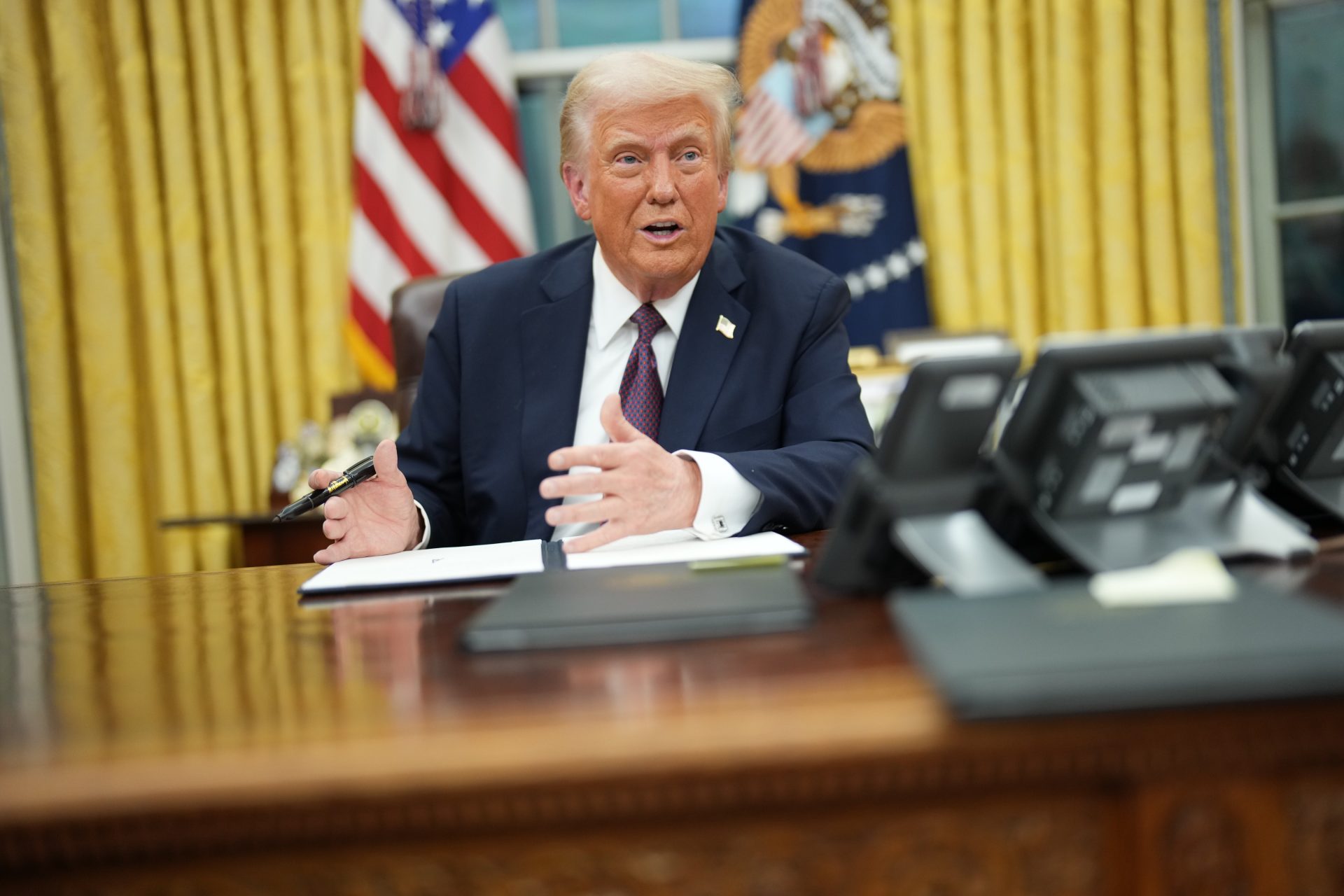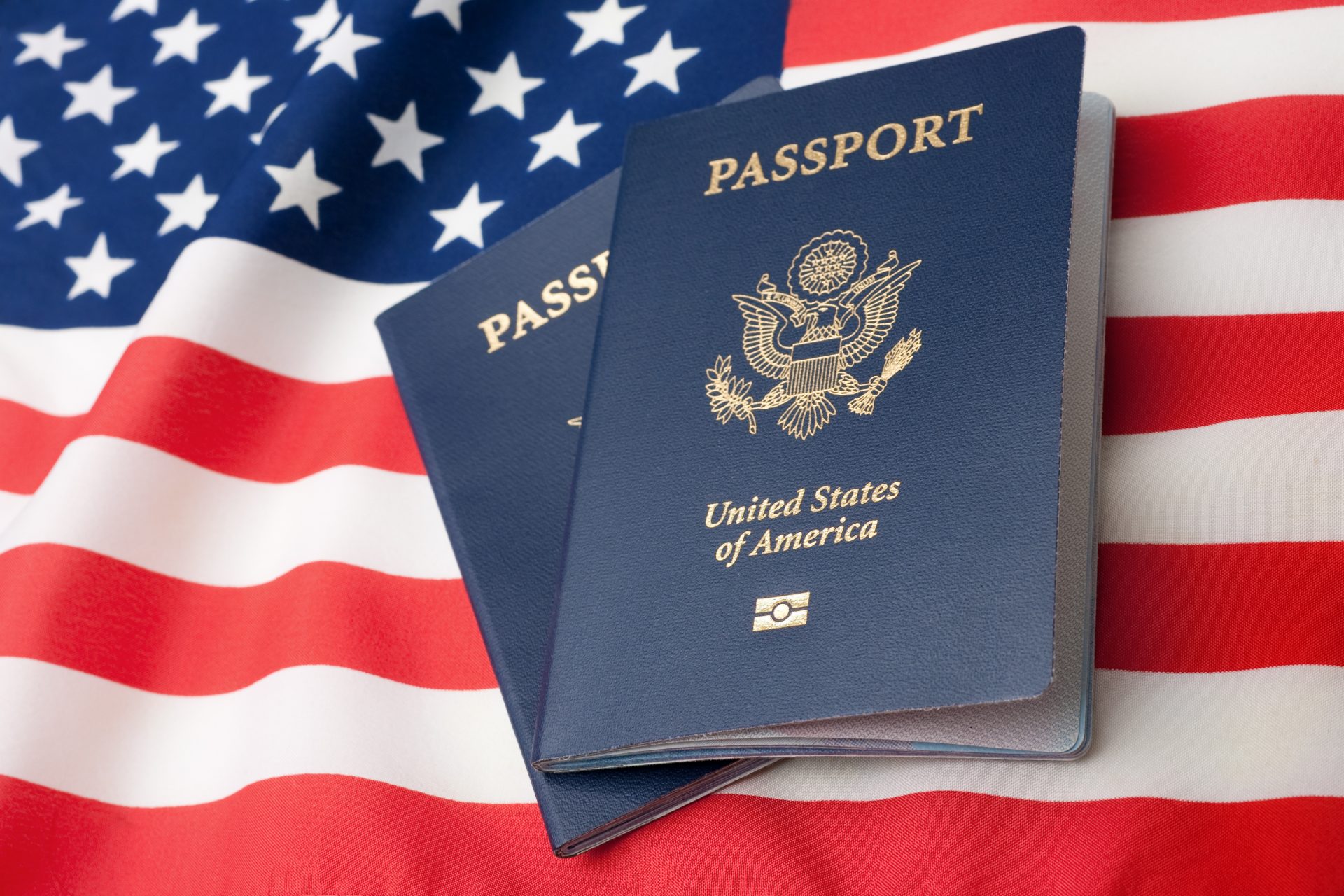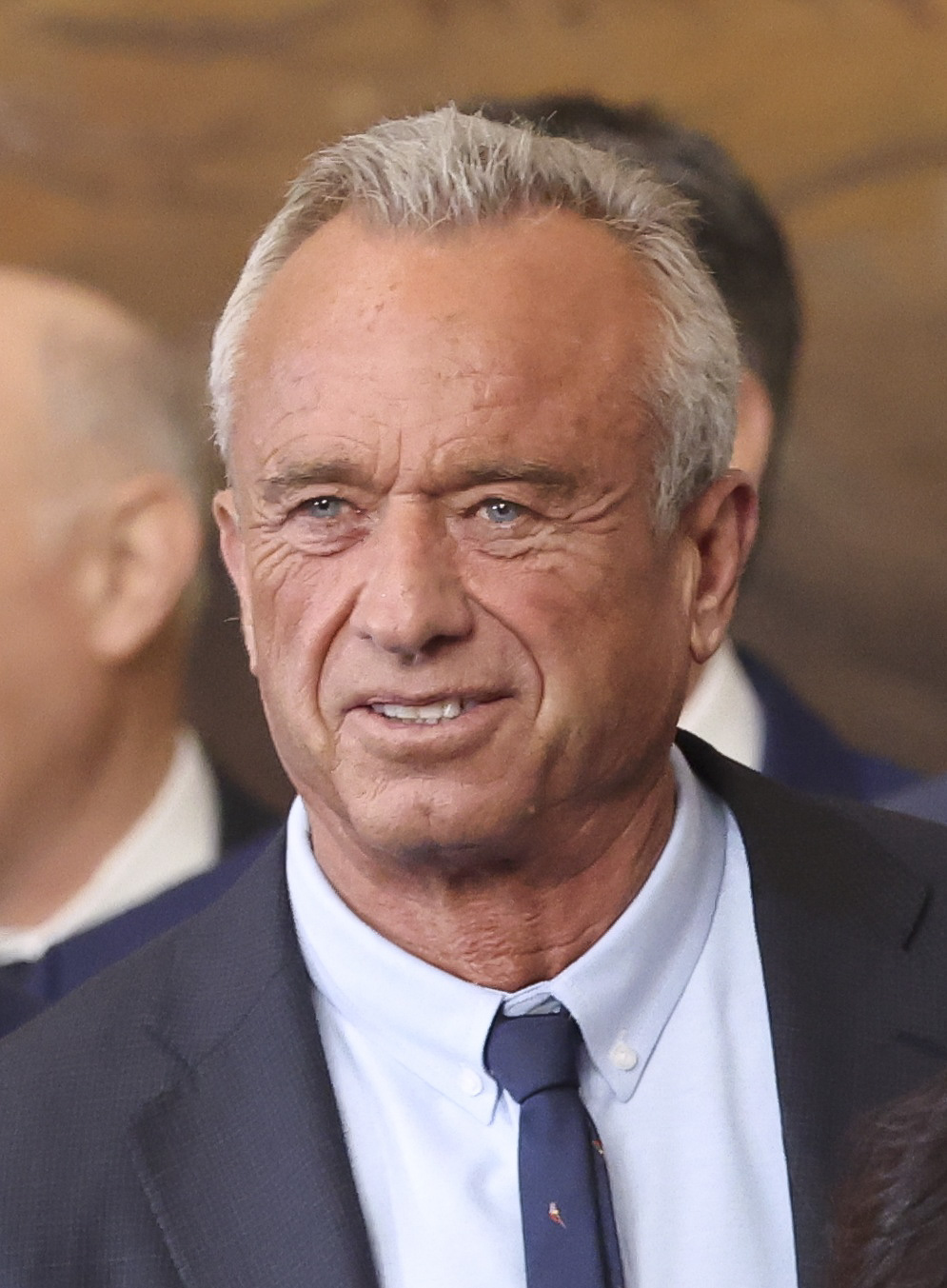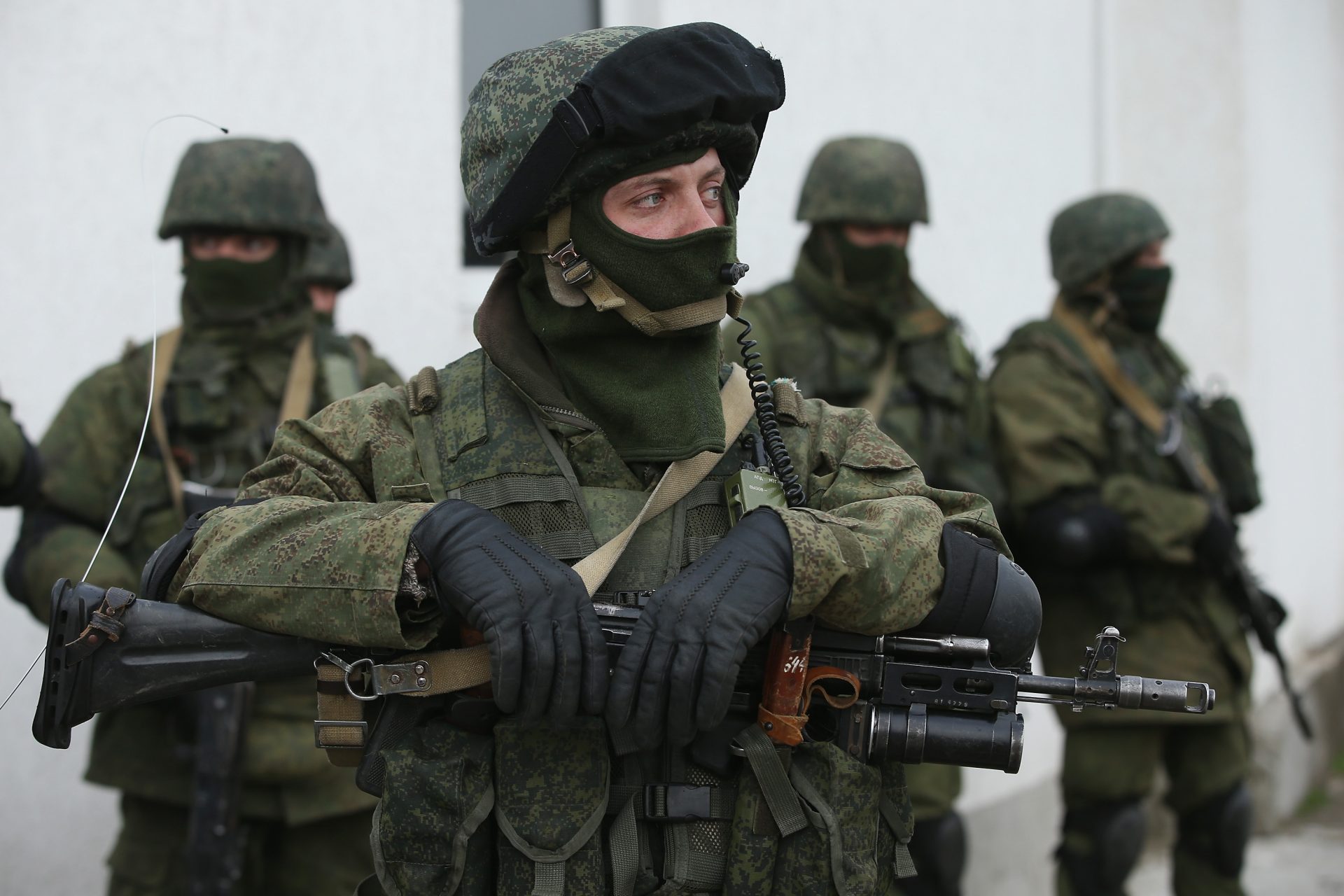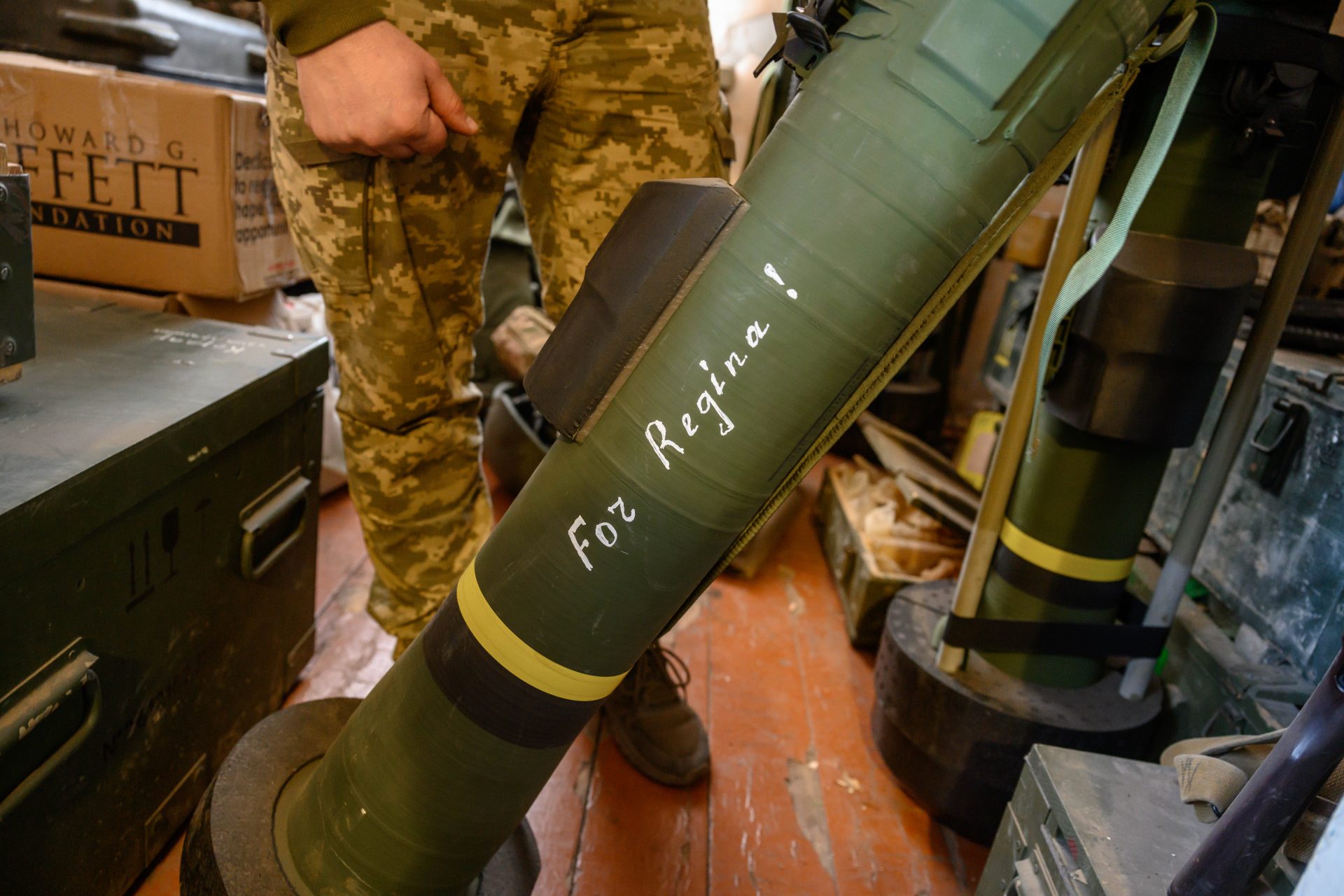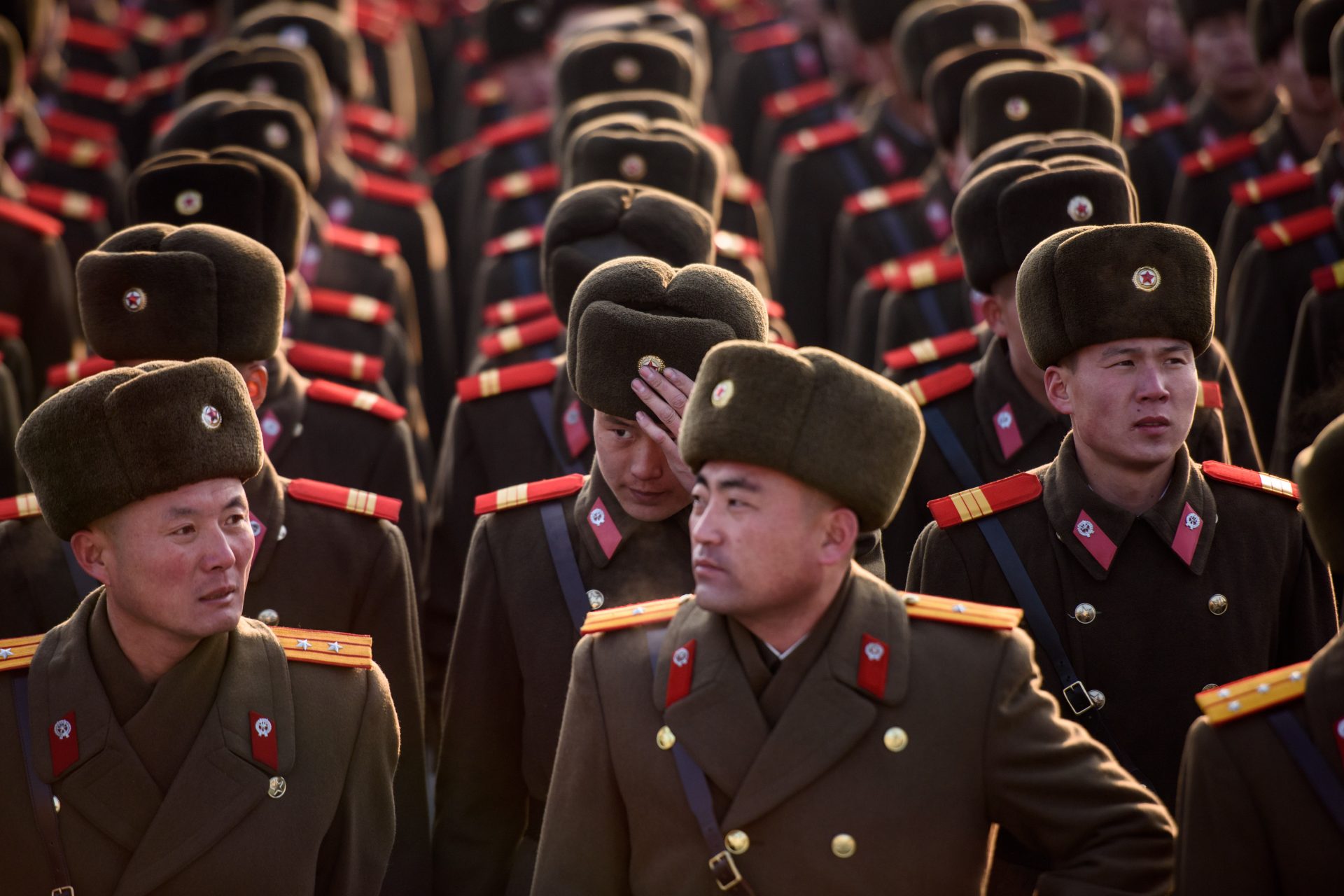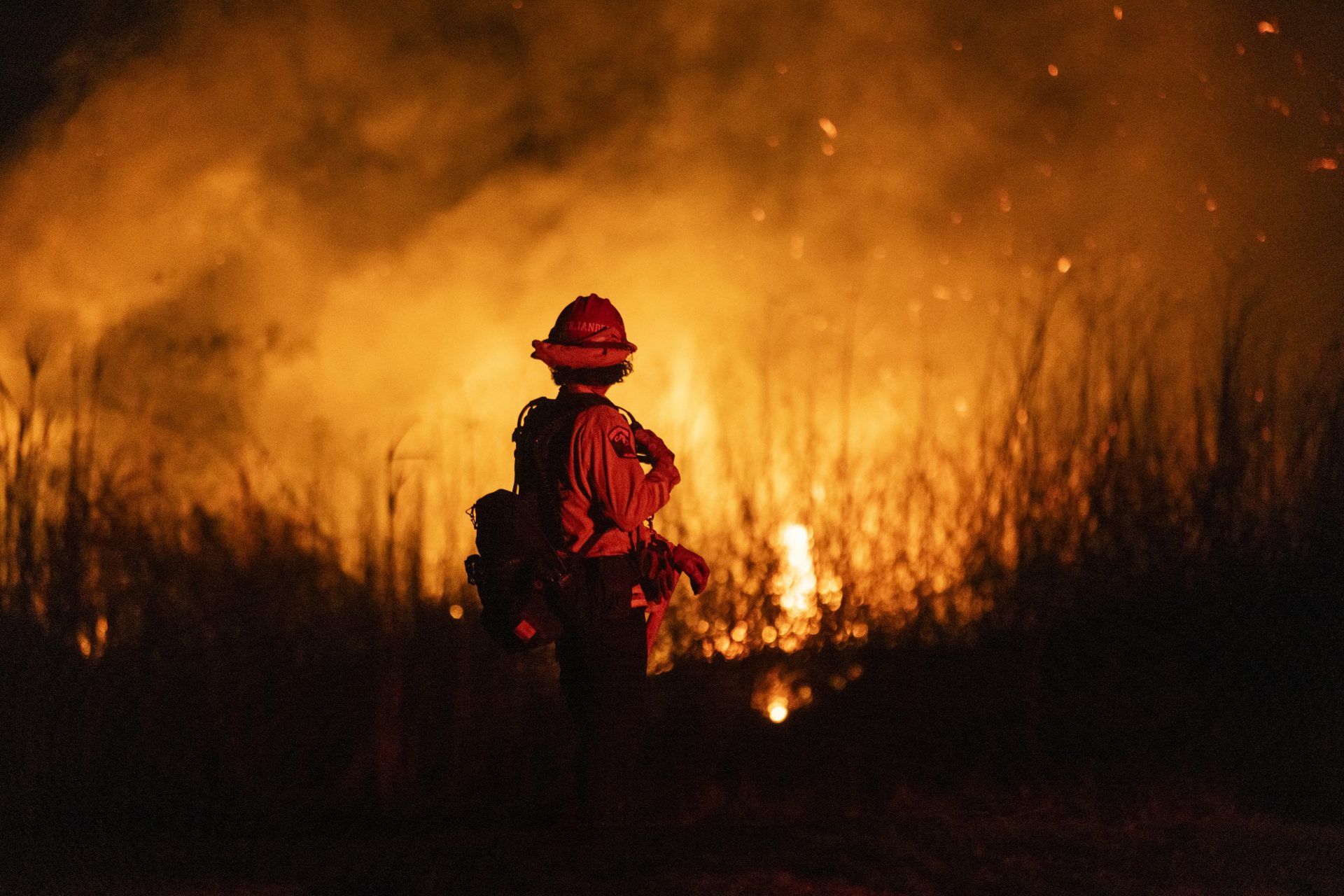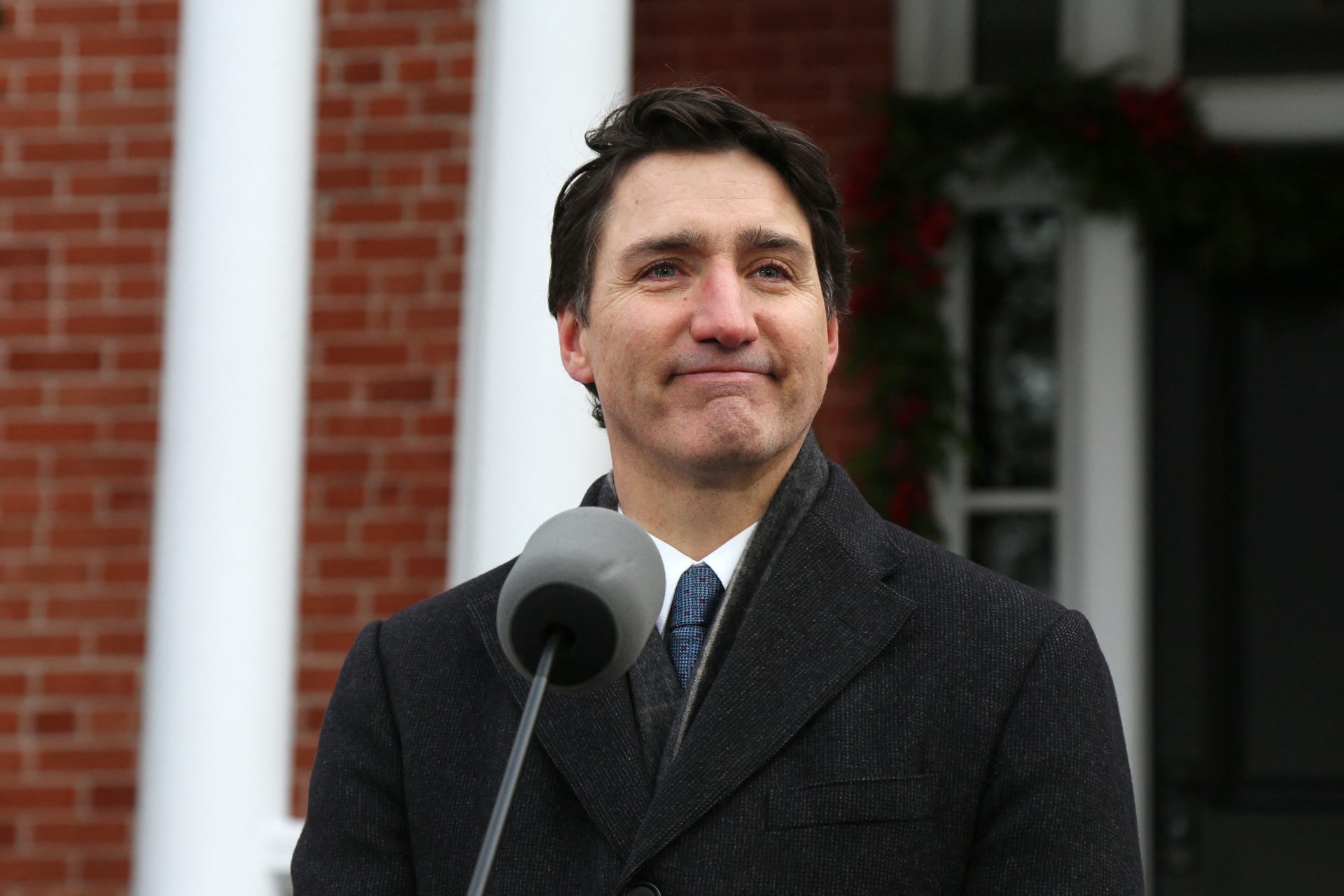The untold nightmares of the Russian minority in Ukraine
What makes someone to 'belong' to a country? Is it where they were born? The language they speak? Identity is far more fluid than we like to imagine. If you don't believe it, ask the Russian nationals who still live in Ukraine.
Borders are artificial constructs, delineated by imaginary lines on a map, yet their impact on people, nations, and societies is undeniably significant.
As the war between Russia and Ukraine continues on, sometimes it is hard to remember that the people aren’t their rulers and everyday individuals can get affected.
According to data from the United Nations, there are between 11 and 12 million ethnic Russians living in Ukraine, making them by far the biggest minority in the country.
This is unsurprising, given that until 1991, Ukraine formed part of the Soviet Union, and the Russian Empire before that.
However, tension between the two nations and the war spearheaded by Vladimir Putin has put many Russians in Ukraine and Ukrainians in Russia in a nightmarish limbo.
The BBC reported that, although legally all foreigners in Ukraine have equal rights, there have been cases where Russian citizens have faced prejudice.
Lawyers working with Russians living in Ukraine told the BBC that their clients had their bank accounts frozen.
When Russia invaded Ukraine in February 2022, the national bank in Kyiv restricted financial services for Russian and Belarusian citizens.
In theory, this measure shouldn’t affect the Russian citizens that legally reside in Ukraine, which mounted to 175,000 by January 2023, according to data from EuroNews.
However, the reality is very different. Frozen bank accounts are hardly their only problem. Access to public services such as healthcare can be very difficult without proper documentation.
Despite the wish of quite a few of these Russians to become Ukrainian citizens and even volunteer to fight in the front, this is easier said than done.
For starters, Ukraine doesn’t allow dual citizenship, meaning that anyone who wishes to become a Ukrainian national, has to renounce to their previous nationality.
To make things more complicated, a Russian national wishing to give up their citizenship has to either physically go to a Russian consulate or the country itself. Something not possible for those in Ukraine without serious risks since the start of the war.
Since Russia invaded Ukraine, only a few hundred Russian nationals have been able to acquire Ukrainian citizenship.
Meanwhile, the situation is more dire for the Ukrainians that have remained behind Russian borders.
Reuters reported that according to a report by the US State Department by August 2023, over one million Ukrainians in Russia have been to become Russian citizens, particularly in occupied territories in Crimea and western Ukraine.
Those who refused to become Russian citizens faced restrictions such as denial of medical attention and social attentions, being able to legally work and drive, plus threats and intimidation.
However, the bigger question is for how long people, regardless if they are Russian or Ukrainian or of any nationality, will continue to be harmed by the choices and conflicts generated by nations and governments.
More for you
Top Stories



